FCA leads high level event at UN conference for financing development
At the United Nations Fourth International Conference on Financing for Development, FCA hosted a high-level event bringing together government leaders, development finance institutions and entrepreneurs, to share ways to finance sustainable small to medium size businesses in the least developed countries.
All photos: Rocío Fernández Ruz/FCA
SMALL AND MEDIUM-SIZED enterprises (SMEs) comprise 90 per cent of all businesses, fuelling economic growth. Yet in developing countries, they are often excluded from key financing and investment opportunities. This is because they are too large to benefit from microfinancing schemes and too small for institutional investors.
At the once-in-decade International Conference on Financing for Development in Seville, Spain; Finn Church Aid (FCA), and its subsidiary FCA Investments, brought together a broad range of experts with impact on global policy that can reform the international financial system.
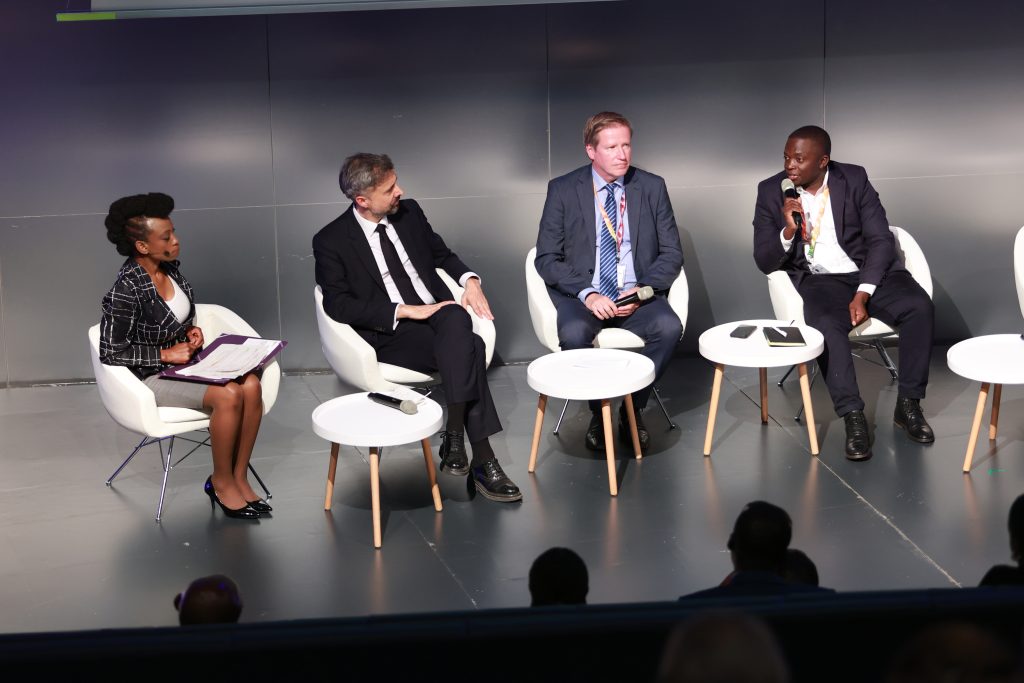
On July 2nd, FCA hosted the event “Missing Middle Opportunity in Developing Countries”, which saw SME-entrepreneurs from Uganda and Kenya; government representatives from Finland and Uganda; development finance institutions like the International Fund for Agricultural Development (IFAD), Islamic Development Bank (IsDB) and the Dutch entrepreneurial development bank FMO; and impact investors gather in lively discussion.
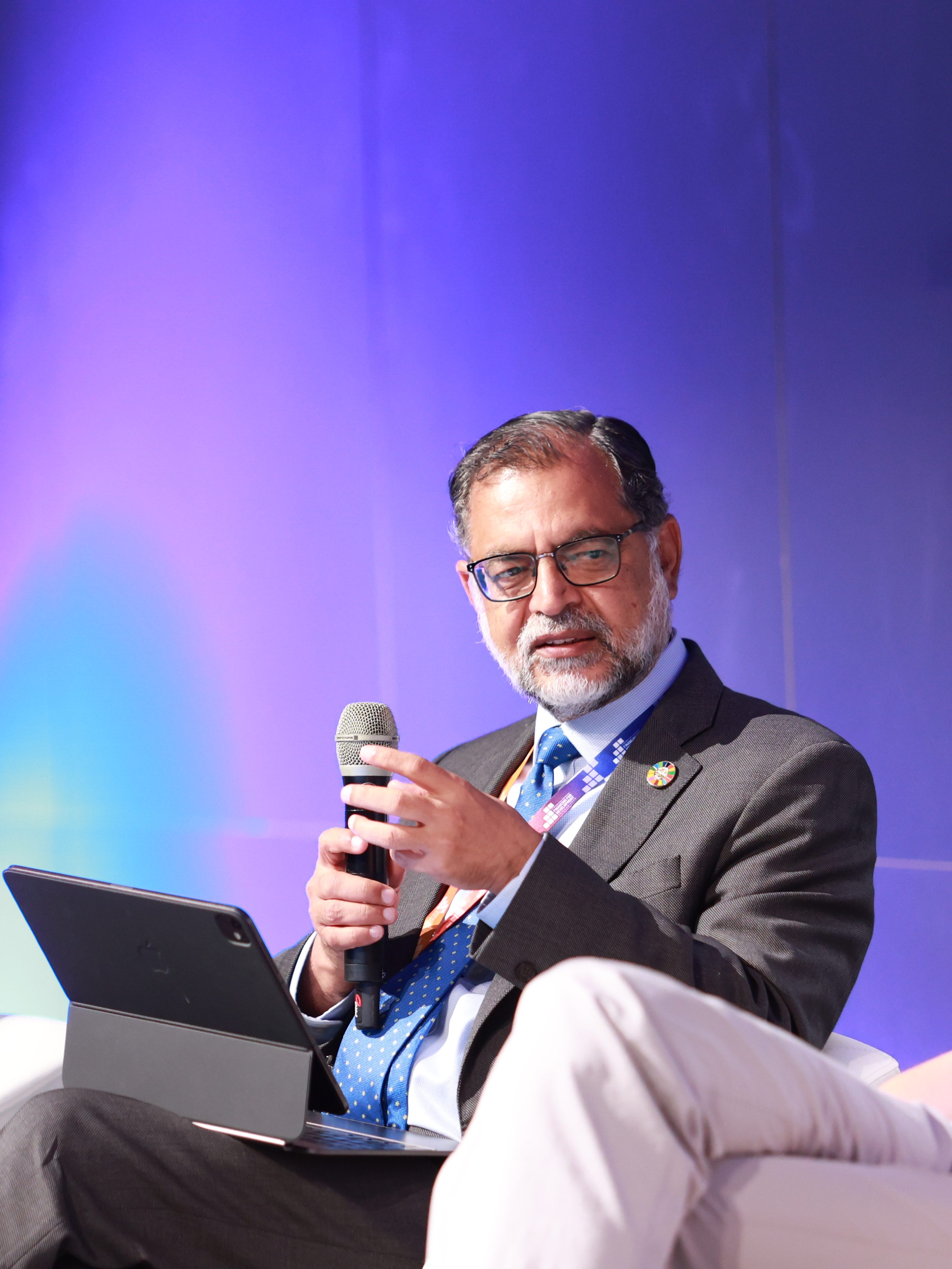
The event – part of the conference’s International Business Forum – highlighted successful examples of SME-financing, the opportunities that digitalisation brings to efficiency and transparency of SME’s operations, all representing key enablers for responsible investors.
During one of the panel discussions Islamic Development Bank Vice-President and Chief Financial Officer, Dr. Zamir Iqbal, stressed that apart from affordable financing, the SMEs in Least Developed Countries (LDCs) crucially need business development support to ensure that companies are ready for investments.
Supporting SMEs is a core task of FCA Investments
FCA Investments (FCAI) has been instrumental in not only raising the issue of the ‘missing middle’ – that is, the gap in financing faced specifically by SMEs – but also investing in these businesses.
Ms. Gloria Gummerus, the CEO of Sakami Coffee from Kitale, Kenya, explained how her company has benefitted from the Management Support System that FCA Investments has provided, together with the support through a “co-entrepreneur” – an experienced entrepreneur embedded at Sakami Coffee to support the company in all aspects of successful business conduct.
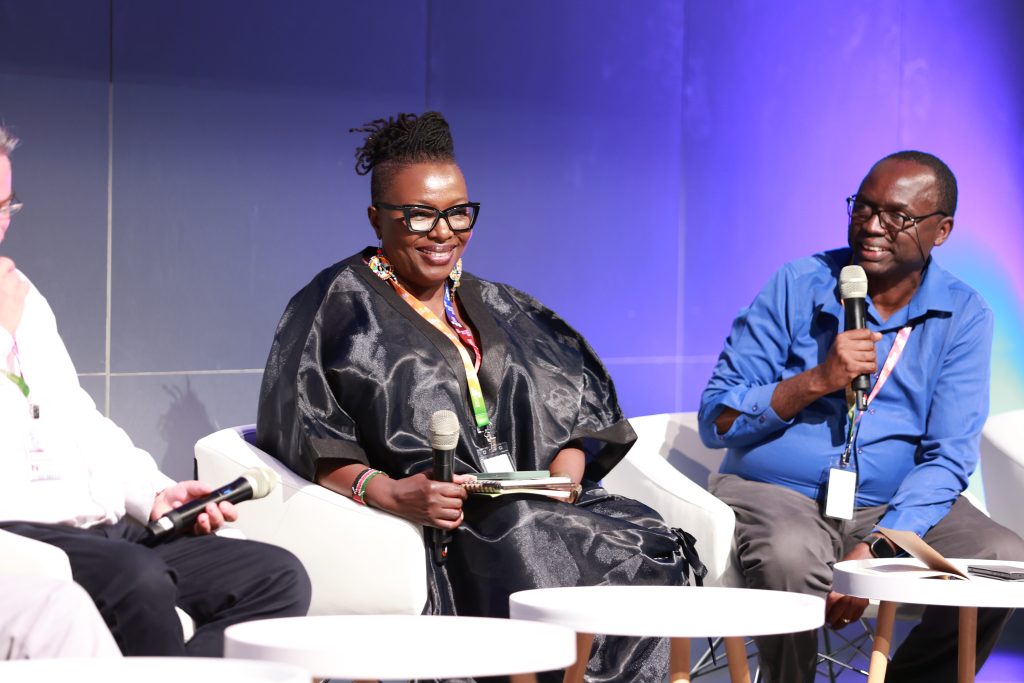
“The co-entrepreneur that FCAI has provided through the partnership with Luxemburg Development Agency, has been a game-changer”, said Gummerus. “Available and accurate data is a necessity as Sakami Coffee seeks growth and to improve its business. The co-entrepreneur has supported me and my team in a way that normal remote support could have never done”.
FCA has championed SMEs over years
The ‘missing middle’ is, of course, only part of the issue facing financing developing countries. Solutions are also required to tackle the growing debt burden in many of them.
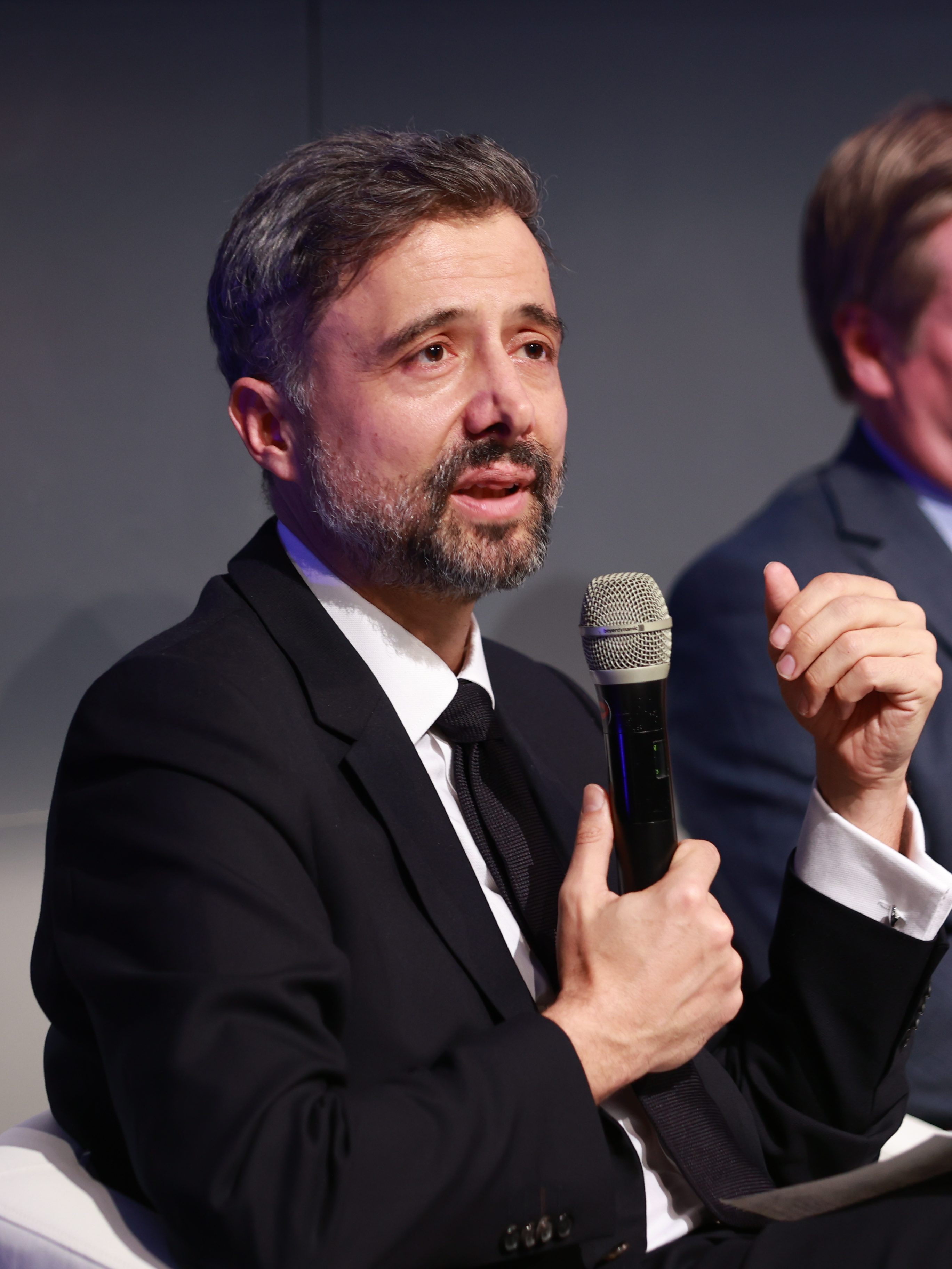
The wider conference in Seville is the culmination of many years of preparation, in which FCA and FCAI, have been an important part. Over the past two years we have highlighted the opportunities vested in growth-oriented, sustainable and transparent SMEs in developing countries. SMEs in developing countries should be an engine of the economy, like they are in developed countries, but lose out due to lack of finances.
During the process, FCA has been invited to address key UN expert groups on financing for development; joined forces with key global actors such as the African Union Commission and the UN Department of Economic and Social Affairs (DESA); and contributed to the outcome document of the FfD4 – the Compromiso de Sevilla.
Mr. Jussi Ojala, FCA’s Executive Representative to Gulf and Financing for Development, stressed the centrality of ecosystem-approach and partnerships as enablers of needed support to address the ‘missing middle’.
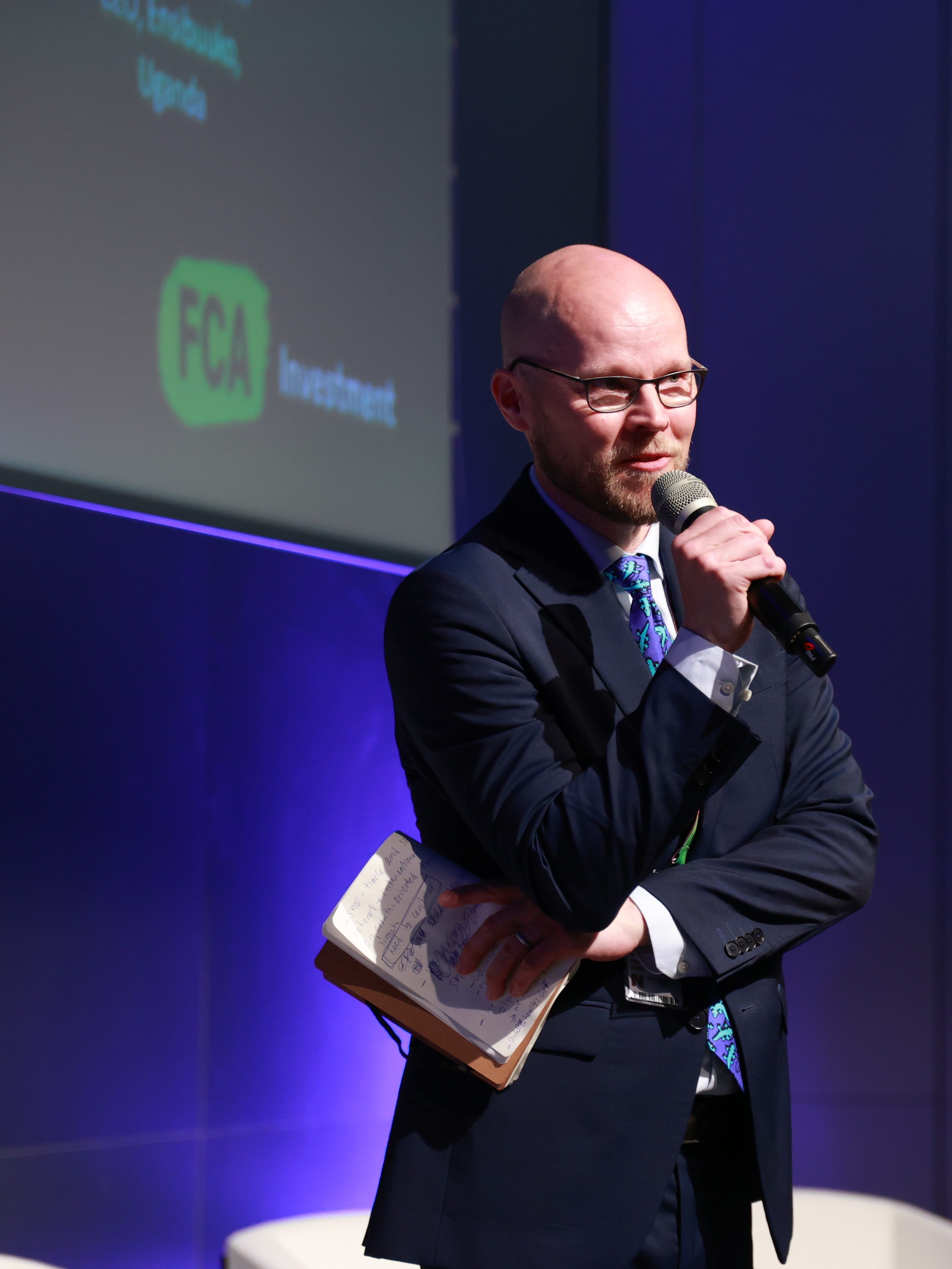
According to Ojala, the high-level event was proof of the growing understanding of the crucial importance of the SMEs to local revenue generation, creation of decent jobs and eventually meeting the United Nations Sustainble Development Goals (SDGs) and also of the role that long-term and persistent advocacy can have.
“FCA is humbled to have convened such a group of leading actors around a theme that it has been at the center of its advocacy efforts for over two years”, said Ojala. “The fact that the communique of the International Business Forum explicitly raises the ‘missing middle’ for SMEs as one of its five priority action areas for the future, shows that our work is both successful as its relevant.”